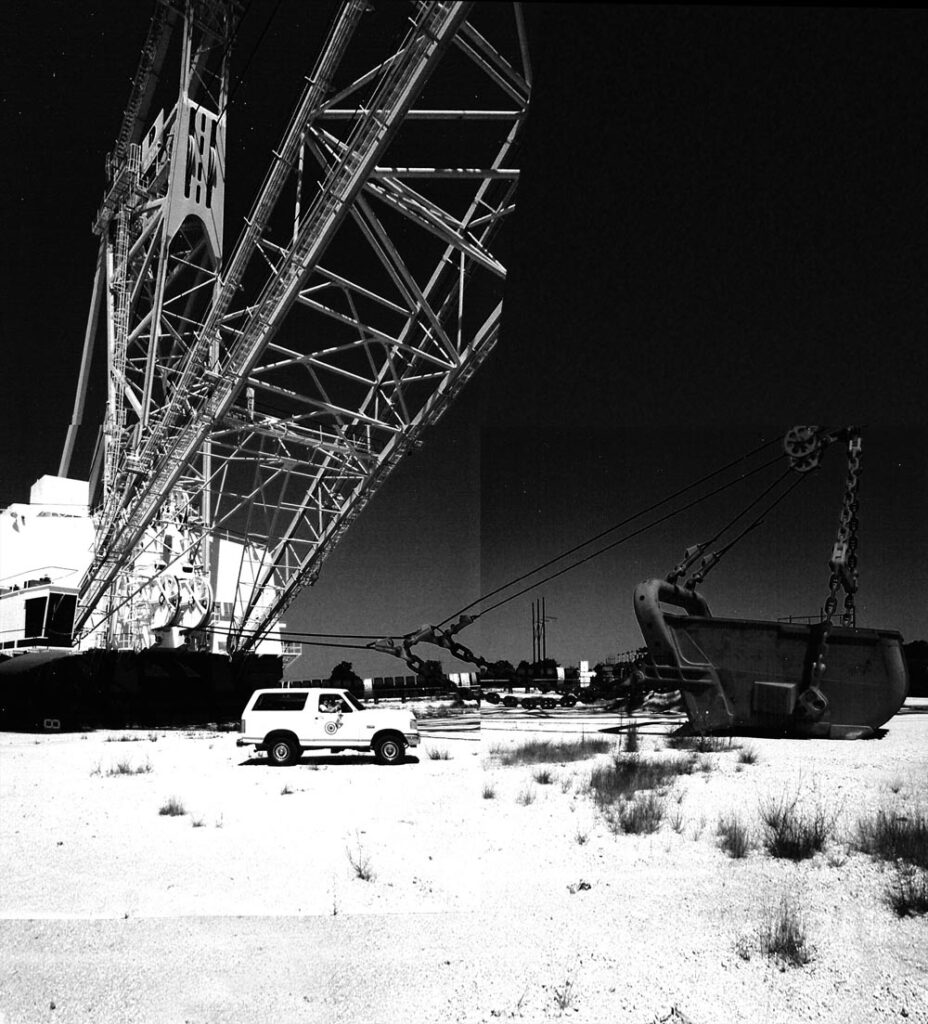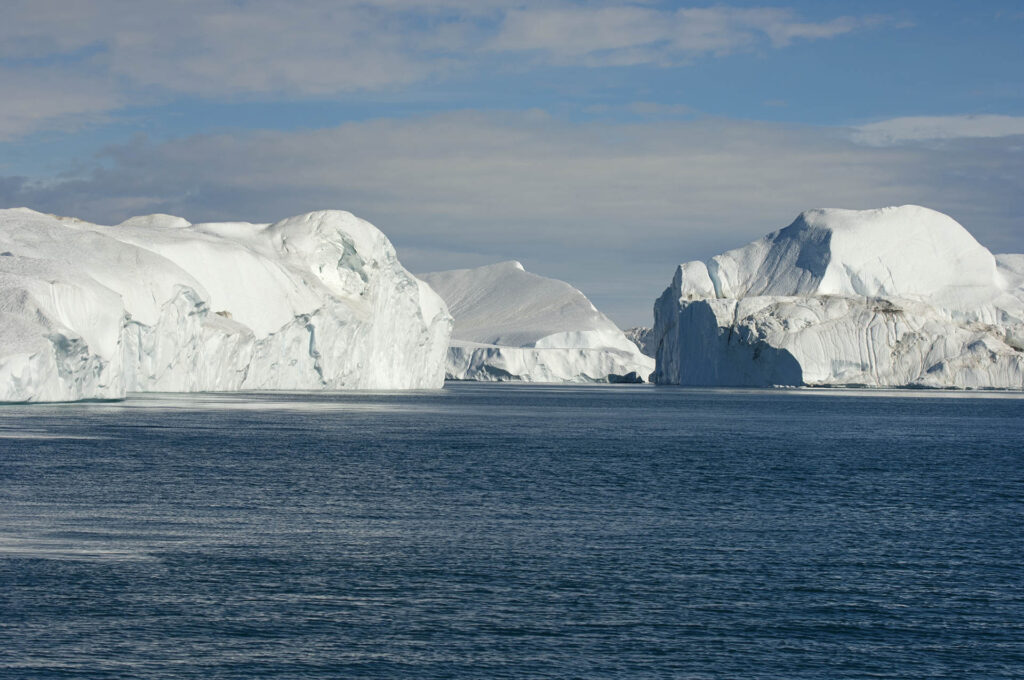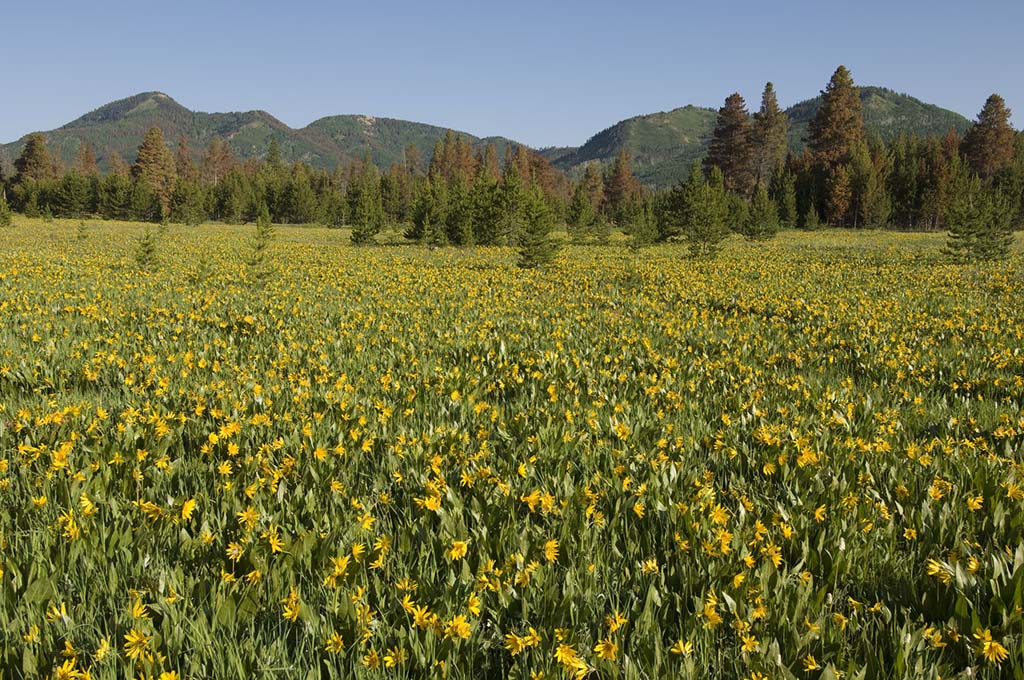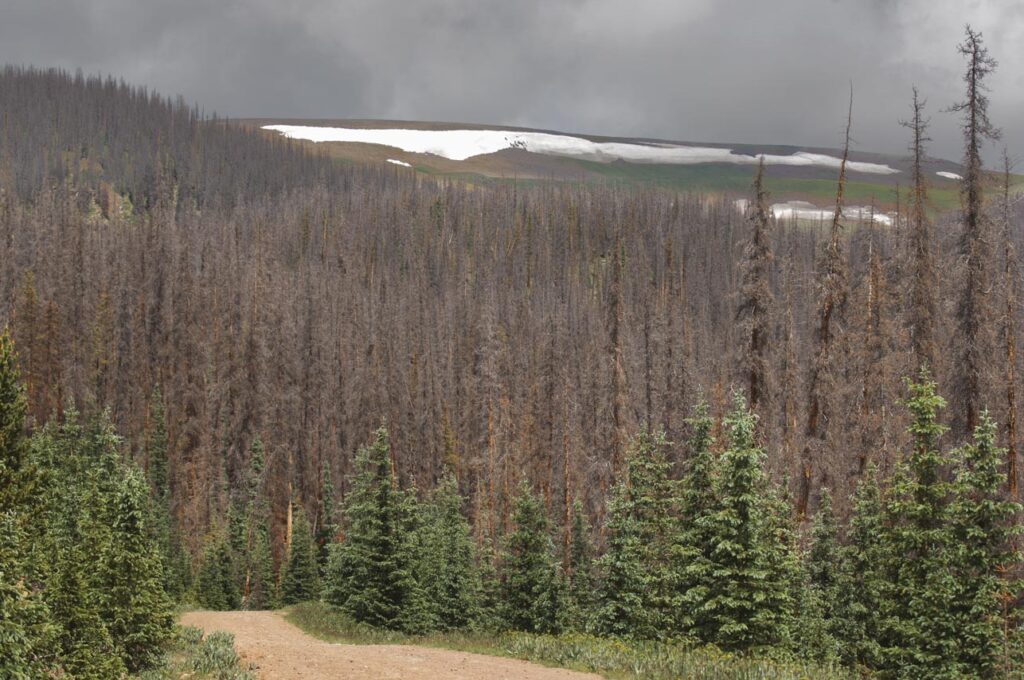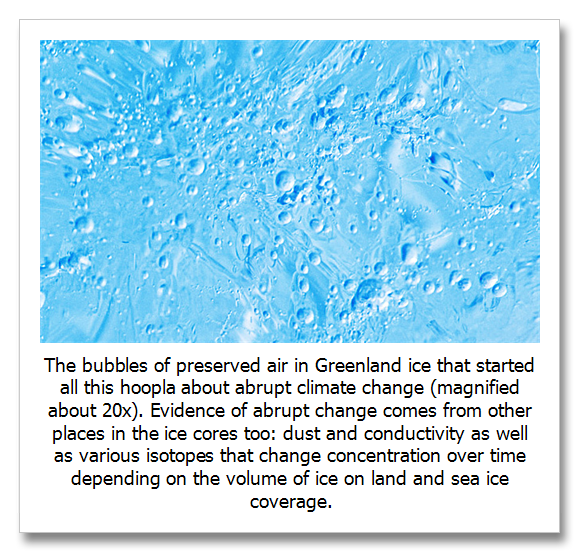
Fifty-two feet of sea level rise occurred in 400 years, 14,500 years ago with ocean and collapse conditions similar to today. We were coming out of the last ice age then, but then, forcing was thousands of times less than today. Our climate’s most meaningful and common changes are classified as abrupt changes in climate…

